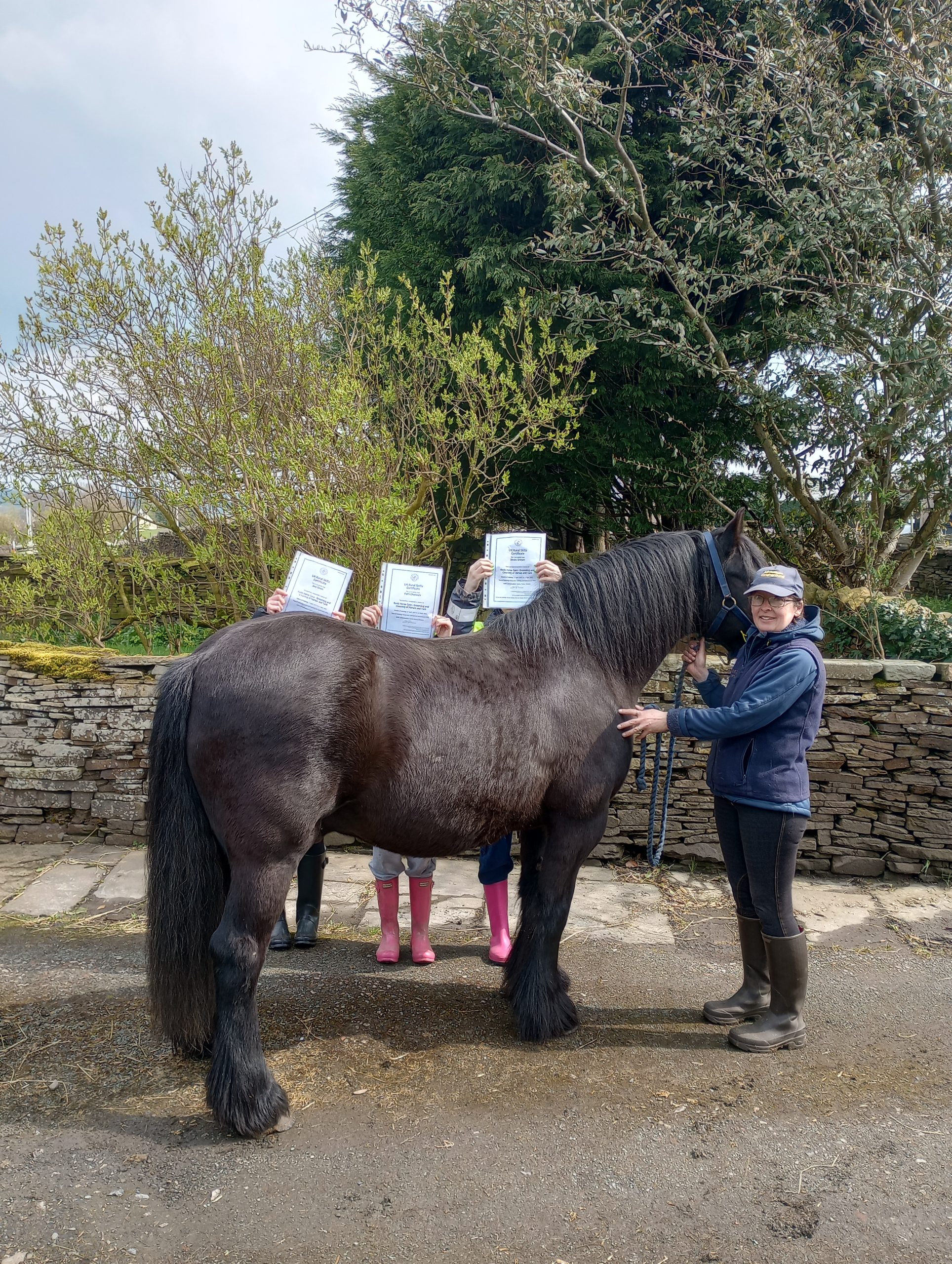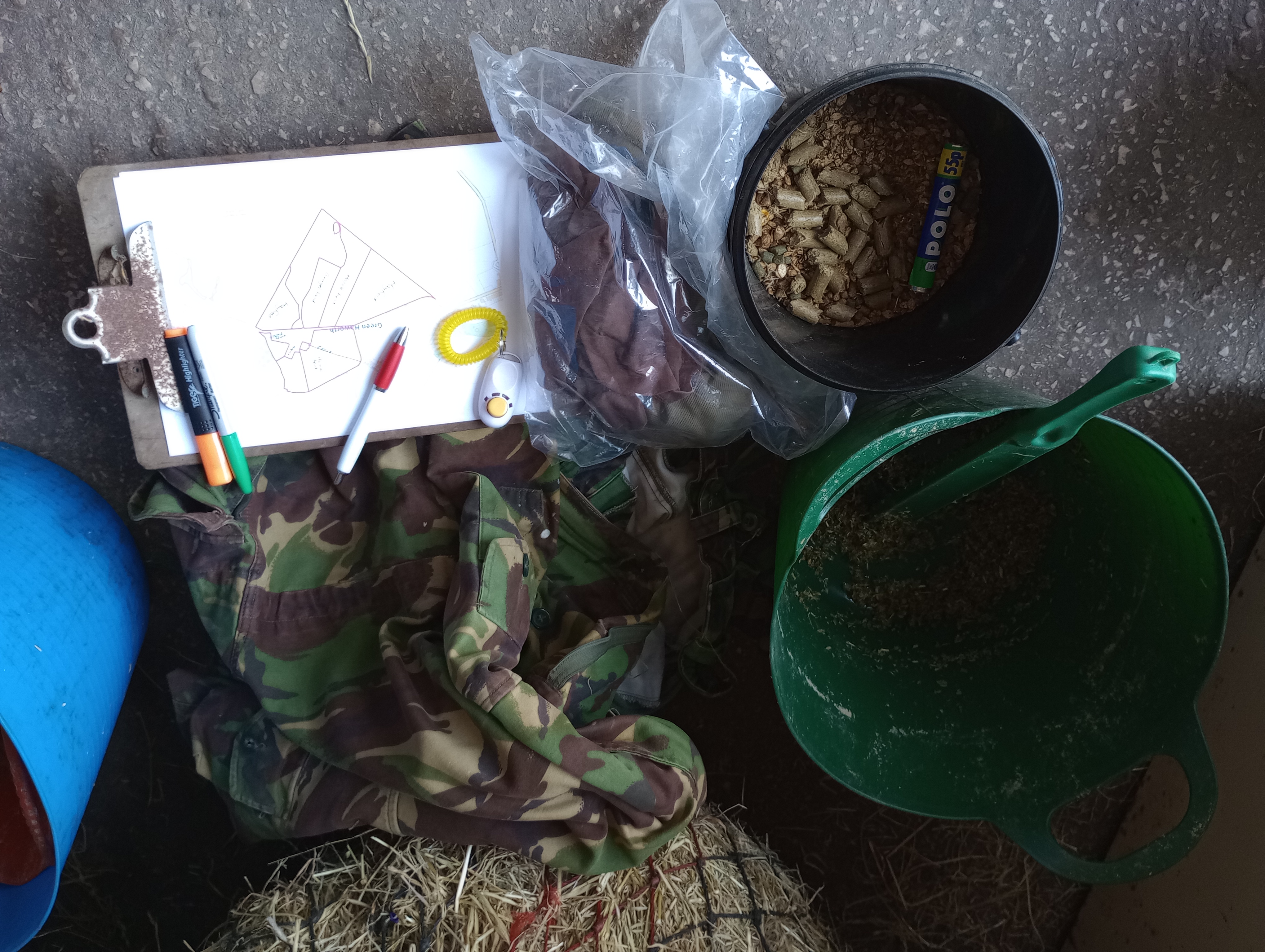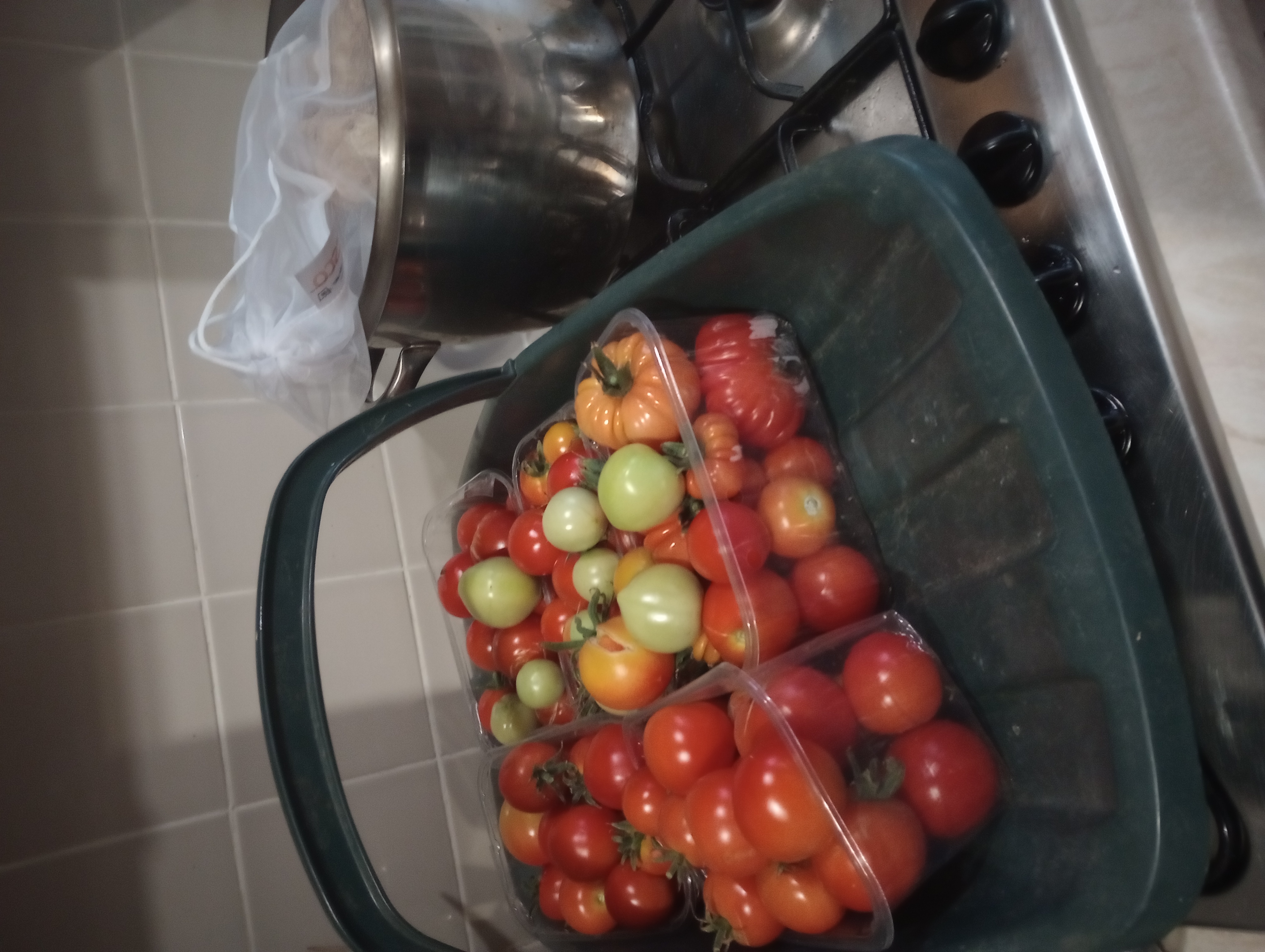Reluctant Learner Programme
Free School Group Visits
Reluctant Learner Programme
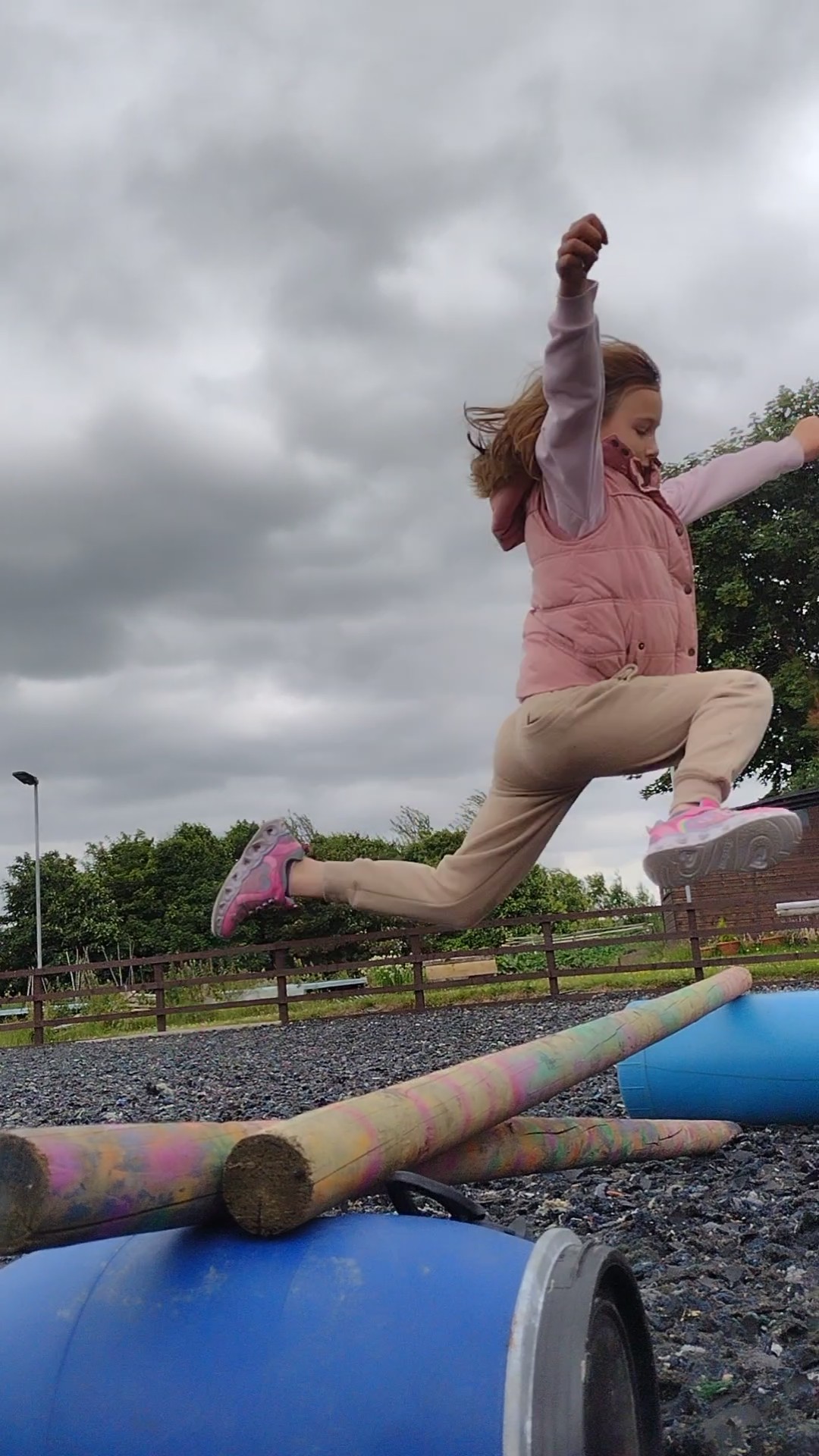
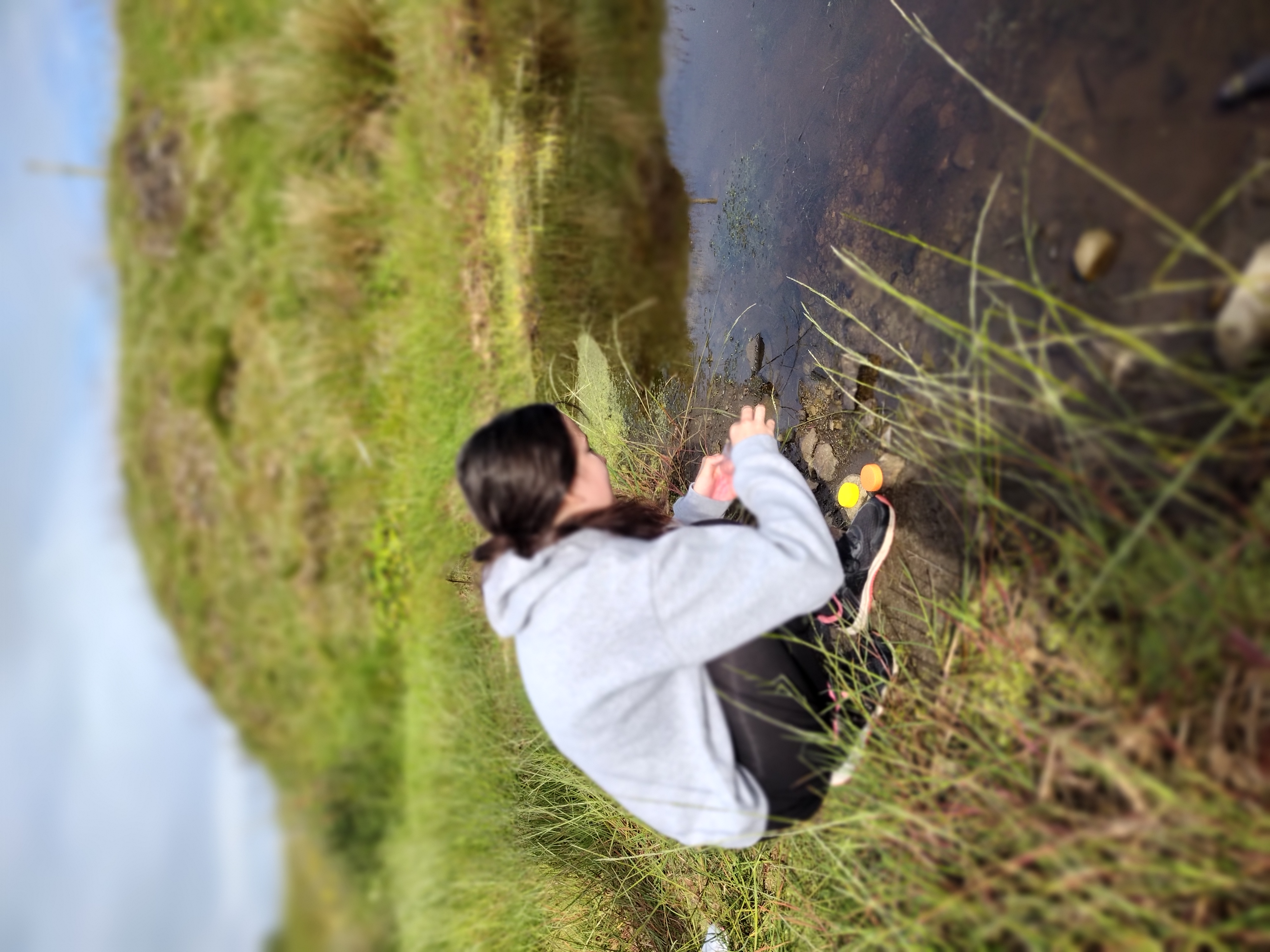
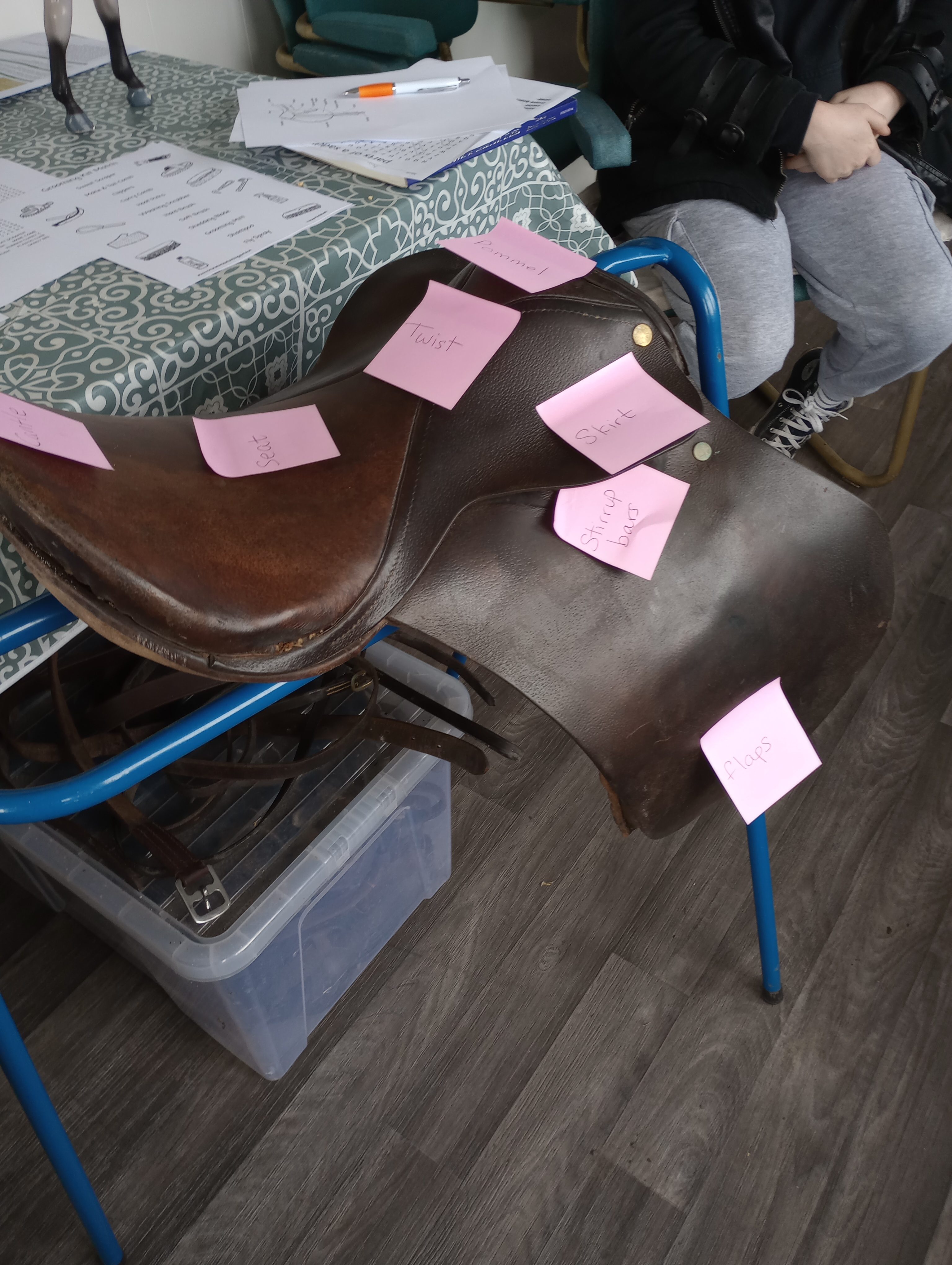
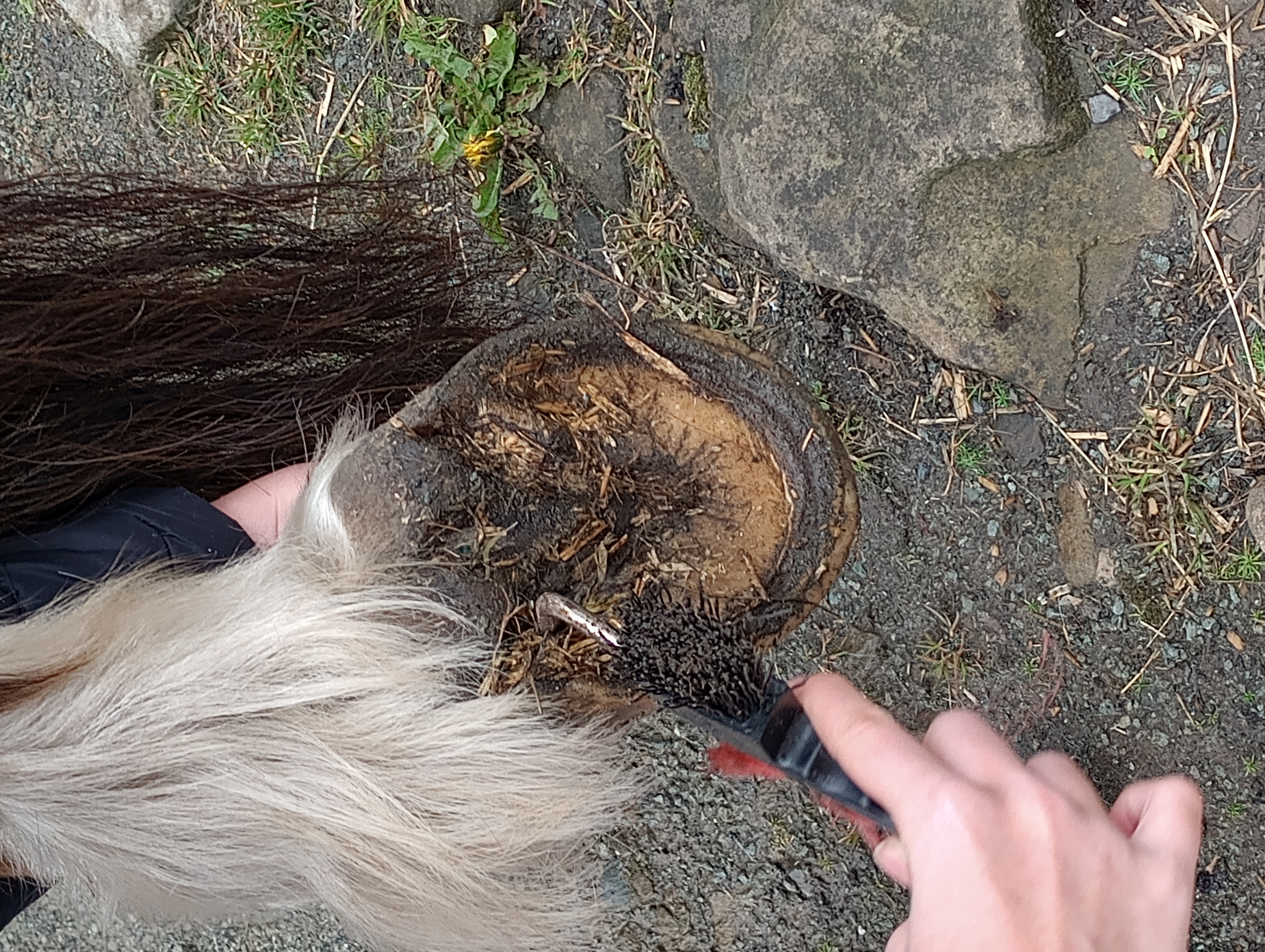

We provide an alternative to the classroom for secondary school children at risk of under achieving, who struggle with mainstream learning settings and for whom learning has become a challenge. For these students, academic success might feel like an unobtainable challenge; employment presents itself as impossible; they are switched off from considering further educational courses due to lack of current success.
Our outdoor environment, with horses and nature provides a fresh start on wellbeing, with support and activities which promote resilience, independence and self-esteem. Building on this, we develop their confidence in learning and optimism for future employment.
Individual targets using EHCPs, academic progress, personal development and interpersonal skills
We use EHCP and current academic achievements to create targets with the student for interpersonal, academic and workplace skills. Our sessions are inclusive for all and develop team work using personal strengths to encourage and promote understanding of each other.
Some learners may have become anxious about their own ability to achieve qualifications, so our UK Rural Skills courses are presented in fun, practical settings, with on going assessment rather than a final exam, and no time limit on the course duration. This allows students to work at a pace that is right for them. The course delivery references individual academic targets to include numeracy, literacy, science etc in meaningful and relevant scenarios which motivates the student to seek answers.
Preparation for the future
It is important that students are preparing for life beyond the learning setting and are able to access further educational opportunities, volunteering or employment in the future, so we include workplace skills assessment and provide a final achievements assessment. We include a work-skills reference which can be used to kick start job applications, putting these students ahead of others who have no experience in the work place.
Outdoors environment
Our outdoor environment is far removed from the confines of a classroom. With space to move and incredible views along with the natural environment and the horses, students start to see themselves differently as they are taught new skills and participate in all aspects of equine care and site maintenance. The hands-on authentic work environment provides purpose and meaning to a wide variety of activities to suit the individual. Engagement in agricultural and horticultural projects promotes understanding of ecological and environmental challenges to our land, encourages a healthier lifestyle and resourcefulness in using the materials at hand. Working in our kitchen garden develops skills to grow, plant and harvest fruit and vegetables for those students with limited outdoor space at home and who may never have had the chance to experience where are food comes from.
Small groups
Group sizes are usually 3-4 people and close supervision is given to ensure each individual is emotionally and physically safe as well as to identify opportunities for positive role modelling and enhanced learning opportunities. By keeping group sizes small we can build strong relationships with each individual, discovering what their personal goals are and helping them to achieve them.
Qualified Staff
Staff hold equine qualifications themselves, and Manager Kathryn who is on site and leading the sessions holds QTS with many years of classroom teaching experience at secondary level in science. is BHS qualified and has developed award winning courses on mental health within equine and outdoor settings. All staff hold eDBS, have regular safeguarding training and are skilled in relating to young people with physical, emotional and developmental challenges.
We have regular Safeguarding training and Kathryn is the site First Aider (Level 3 FAAW).
Our sessions are bespoke, working with schools and placing authorities as well as the individual to decide on duration on site, frequency and targets.
Contact us by email info@adventureneighground.co.uk for further information, to arrange a meeting in school or for you to visit us.
Free School Visits
Bespoke educational activity sessions designed by an experienced classroom teacher, and delivered on the farm.
We can cover Science, PSHE, Geography, Geology, Business Studies, Maths or History. You can request a curriculum objective, or we can create an activity based on the Key Stage and Subject area. Your visit will be a minimum of 2 hours and requires a minimum of 4 students, up to a maximum of 30. We can only accommodate one school group at a time in order to provide staffing and also dedicated care to the development and provision of bespoke activities. Visits are tailored to the age, key stage and ability of the students, from Key Stage 1 up to A level or T level standard. Please note the free visits are not available as extracurricular activities – we can certainly accommodate after-school groups, clubs etc under different arrangements and with a small charge.
Examples include:-
Biodiversity, habitats, food chains and food webs
Animal welfare today
Growing our own food including soil health and food miles
Victorian history and how it shaped our landscape
Using maps, survey techniques in the field (literally!)
Soil profiles, the rock cycle and how it affects food production
What happens? What will we do?
Typically, a farm visit starts with a briefing in our training room, followed by a guided farm walk. The group is then divided into smaller groups and rotate around a variety of practical activities based around your curriculum requirements. At the end we gather together for a debrief and summary of what we have learned before you depart and introduce the ‘take-away’ activity, firing up your students so that they leave with enthusiasm and curiosity.
Every group has a Take-Away activity
Each group will leave with an activity to work on back in the classroom. This might be a science-based investigation; a creative task based on art, language or design; or maths/business/ethics task etc depending on which area of the curriculum you want us to cover.
We all know that authenticity adds value and motivation, so you are invited to send the student work back to us (electronically is fine) and we will send feedback. We know that having a ‘real reason’ behind a piece of work is highly motivating for all levels of student.
What do we need to bring?
Students will need to bring their own snacks and drinks, and we ask that they come suitably attired which could range from sun hats and sunscreen to waterproofs and wellingtons. We will provide pens, worksheets and all educational materials. We will also provide non-latex gloves, full handwashing facilities and boot washing provision.
Farm visits are typically 2 hours long, at the end of which we only ask that you complete an evaluation form before you go so that we can receive a payment form Countryside Stewardship to help us continue to offer free visits to schools.
All our Educational Visit staff are eDBS cleared and we have all the necessary Public Liability insurance in place. Our risk assessment is available to download, as is our educational pack which we hope will give you a further flavour of the benefits of coming here, where the educational aspect is designed by a teacher who understands the challenges of making a curriculum relevant and engaging.
So why not get in touch! Let us take up the workload of planning and creating an educational experience that meets your aims.
Example session for Key Stage 2 on Habitats, food chains and food webs
20 minutes Tour the farm
Divide into two groups for 45 minutes on each of two habitat areas
Group 1 Record different habitats around the kitchen garden area – including the habitats of pests such as slugs, and their predators eg toads, consider how management of a garden area can produce different habitats for overwintering, plus a lot of food sources!
Group 2 Record different habitats in the quarry area, including looking at the adaptations of plants for rocky outcrops compared to pond edge – discuss the variety of wildlife and how different habitats encourages wildlife (shelter, food, breeding locations, proximity to mates)
Swap locations
Classroom based progression 20 minutes
Return to classroom base area and create a food web for each area
Use the food web to construct food chains
Debrief and introduce the Takeaway activity 10 minutes
Hand washing and general organisation to leave 10 minutes
Takeaway activity – The Problem of Slugs in the Garden – a science investigation on preventing slug damage to crops.
